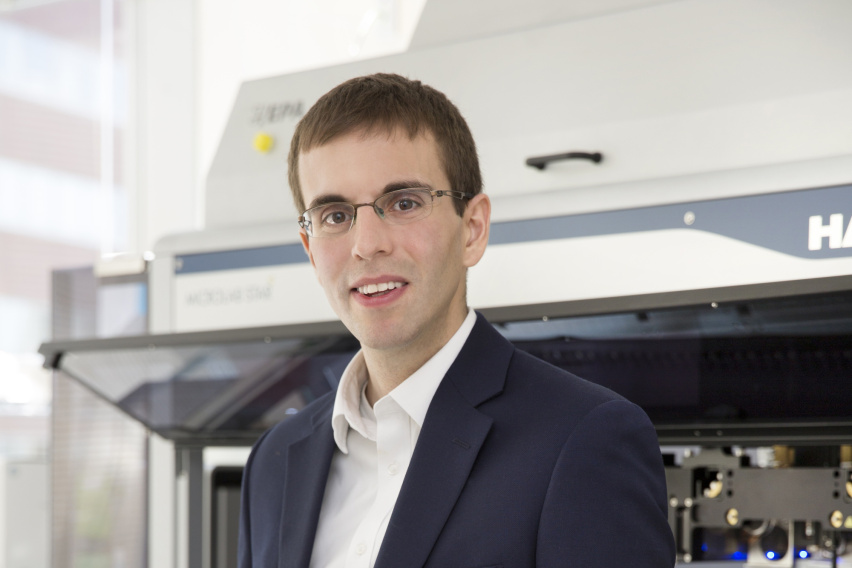MIT Koch Institute
November 14, 2023
With sadness, the KI marks the passing of long-time supporter Art Gelb, ScD ’61 (XVI), whose advocacy and philanthropy played key roles in the launch of the Bridge Project. The Bridge Project launched shortly after the opening of the Koch Institute and has continued to grow, enabling work by dozens of teams who are developing notable advances in cancer detection, monitoring, and treatment. We gratefully acknowledge Gelb’s vision, commitment, and generosity, and are honored to be part of his living legacy via the Bridge Project.
